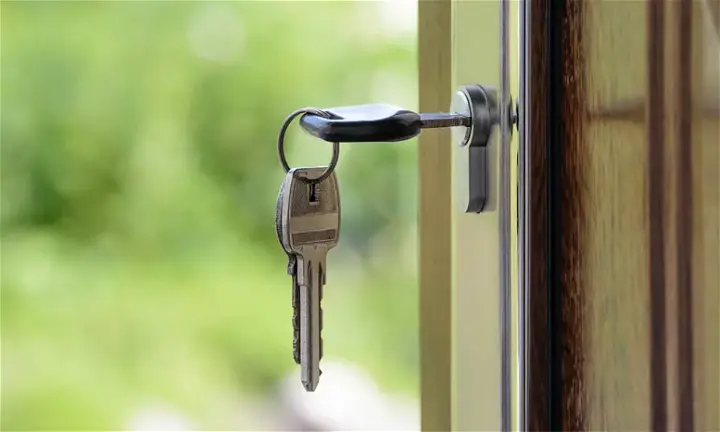What you need to know about renting when you have a pet
Among many things, Britain is a nation of dog lovers (and cats, rabbits, budgies…) Surprisingly, unlike in other European countries, the status of pets and animals in rentals is not a protected right. There are various reasons why landlords are hesitant about renting to pet owners; the thought of animal smells, hair, anti-social behaviour and general dirt can often lead landlords to reject pet owners or prevent current tenants from keeping pets. Renting with pets is possible and increasingly common; here’s how to secure a rental for you and your pet.
The law: pets, rents and your rightsLegally, landlords cannot include a blanket ‘no pets’ clause in contracts as this would contravene the Unfair Terms in Customer Contracts Regulations (1999). Landlords reserve the right to pre-approve any and all pets which tenants wish to keep in their property, though they should not unreasonably withhold consent – small animals, like fish, rarely cause a problem. Section 12 of the Allotments Act protects the rights of anyone occupying land to keep chickens and rabbits as pets. Selling eggs from your chickens would not be acceptable, however, as they must only be kept privately.
Assistance dogs and guide dogs are a legal right (Disability Discrimination Act 2005). If there is a clause not allowing pets in the tenancy agreement, the landlord must change the terms unless there is a very strong reason preventing them, such as severe allergies of another tenant.
 Improve your chances of a pet-friendly rental
Improve your chances of a pet-friendly rental
There are lots of things you can do to improve your chances of being accepted if you have a pet. Many landlords are becoming more open to the idea of renting to pet-owners, as they represent such a large part of the population (over 45%!). Pet-owners are also considered to be more likely to settle down for longer and be responsible tenants.
Here are a few ideas to consider if you want to convince your landlord: • Get a reference for your pet: if your pet has lived in rented accommodation before, get a reference from your former landlord. This will reassure the new landlord that your pet is well behaved and that you are responsible. • Write a pet CV: it may sound strange, but including details about your pet will reassure a landlord. Details like veterinary practices that care for them, vaccination dates, emergency carers will all prove that you understand how to take care of your pet and that your pet is well supported. • Introduce them to your pet: Landlords don’t want to take a risk on an unknown dog, so introducing them can be helpful to put their mind at rest. You could even invite them to your current place to show them what they are like around the home – and prove that your home hasn’t been wrecked by them! • Offer a higher deposit: this will reassure the landlord that any damage or mess at the end of the tenancy will be covered by the deposit. • Offer to have the property professionally cleaned: residual hair, fleas, ingrained mud… All of these can worry landlords who have to rent the property again once you’re gone. A suggestion to professionally clean the place at the end of the tenancy will put them at ease.
If you’re concerned about your pet’s stress levels during a move, Dogs’ Trust have a guide on reducing pet stress while moving.
Author: Roomlala



